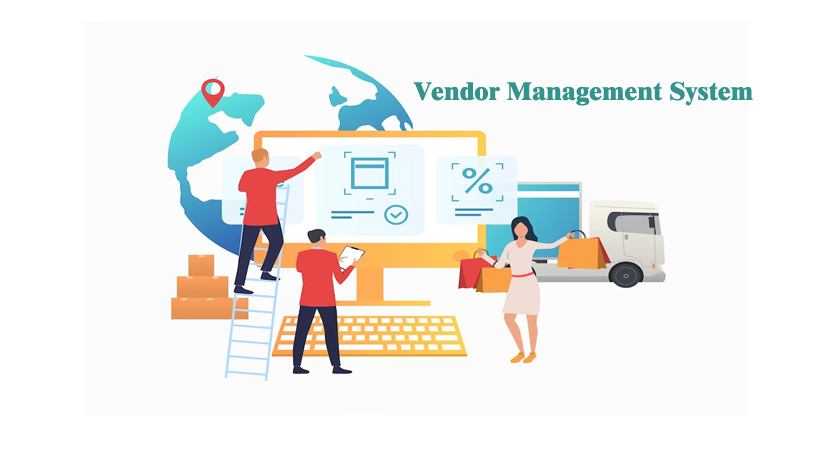A vendor management system or VMS is a cloud-based software that will solve a common problem: finding, starting, and managing the external workflow. This includes both contingent labor and service providers. Vendor management is a multi-stage process of creating and building relationships with suppliers of goods and services required to run a business. In this system, you can use up-to-date risk-related data and segmentation based on location, former business unit, and other categories.
Importance of Vendor Management System
Today’s increasing demand for external labor has made the value management system crucial. The competition has increased, and globalization has increased. Because of these reasons, many companies rely on external workers. With today’s improved technology, remote work, and global talent, the advantages of VMS are obvious for companies. Companies Can hire workers from around the world by securing in-demand talent.
Finding a good workforce will be difficult. It would help if you considered many factors such as security, financial conditions of the company, legal matters, and more, especially when it comes to hiring globally. And companies that do all these without a VMS can be very challenging. Tracks and ensures vendors comply with regulatory requirements, industry standards, and internal policies. This is crucial for risk management and maintaining legal and ethical standards.
It will identify and mitigate potential risks associated with vendors, such as financial instability, geopolitical issues, and supply chain disruptions. This helps in proactively managing risks to the organization.
Moreover it will manage the entire lifecycle of contracts with vendors, from creation and negotiation to execution and renewal. It ensures that both parties adhere to contractual terms and conditions.
Conclusion
In conclusion, Implementing a vendor management system can lead to several benefits, including cost savings, increased efficiency, better vendor relationships, and improved risk management. The specific features and capabilities of a VMS can change depending on the provider and the unique needs of the organization.

